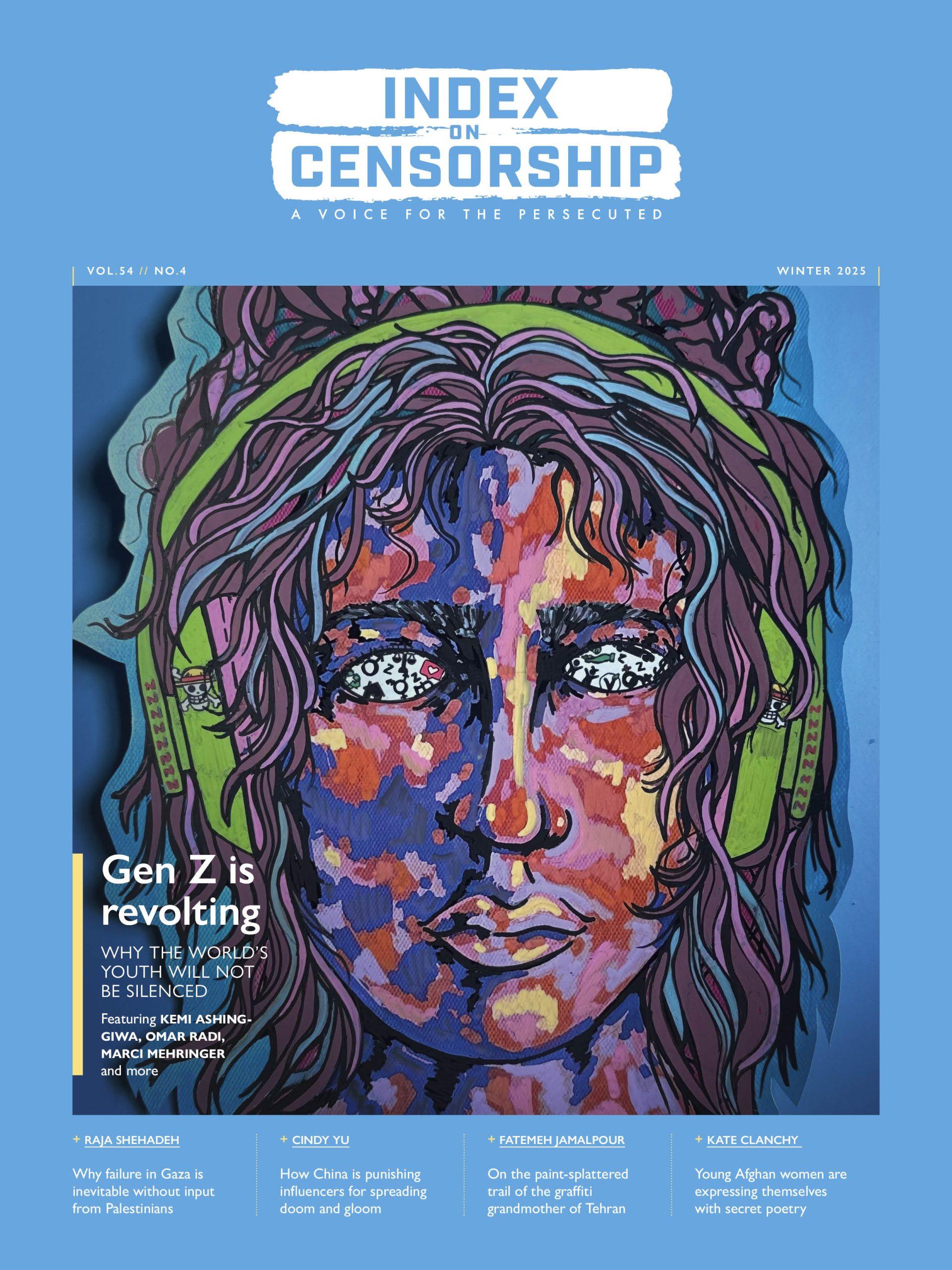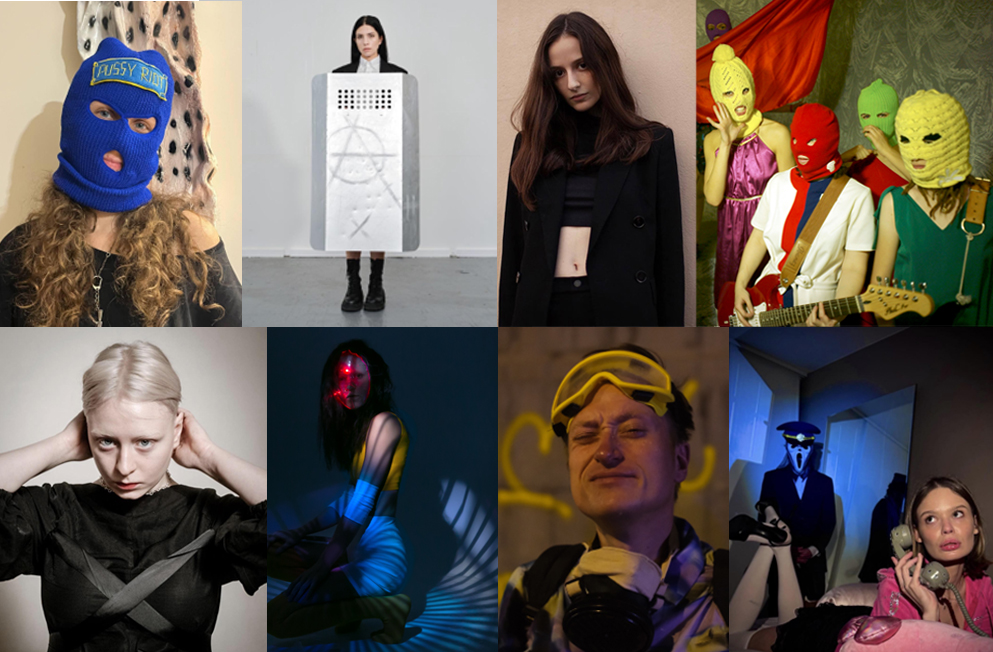Thousands of people gathered on central Moscow street Novy Arbat on Sunday to call for Vladimir Putin to step down. The rally was a follow-up to mass protest rallies which started after allegedly fraudulent parliamentary elections in December.
It was much smaller than the protests leading up to the election, and the mood was dramatically altered.
This time, people had to face the reality that the right to freedom could not be achieved in just three months and that the opposition’s most popular slogan “Russia without Putin” cannot be actualised without a clear political strategy. Some opposition leaders, who have been courageously protesting against Putin must now re-evaluate their strategies. At the protest, TV host Ksenia Sobchak stood on stage and said that protesters needed to “form a concrete list of what they are standing up for”. “This road is long, but Russia will be free in the end”, said Grigory Yavlinsky, Yabloko party founder and unregistered presidential candidate, reflecting the principal current message of Russian opposition: it takes time for the civil society to restore their violated rights.
One of Russia’s leading independent political scientists, Dmitry Oreshkin, monitored the elections on 4 March. Together with other independent elections monitors, he announced the presidential election results based on their independent calculations. Oreshkin claims Putin did not win the elections in Moscow and Saint-Petersburg (in these cities he got less than 50 per cent needed to win in the first round, independent monitors counted). This marks a tendency, which is likely to spread over Russia, Oreshkin said to protesters: if big cities citizens don’t vote for Putin today, smaller cities won’t vote for him either tomorrow.
Left Front leader Sergey Udaltsov tried to march to Pushkin Square with his supporters after the rally. Hundreds of Moscow nationalists tried to do the same on Stary Arbat avenue. Protesters from both groups were arrested “for breaking the law on rallies”. Opposition in Saint-Petersburg also tried to march in the city centre, but police hadn’t sanctioned the action, and 40 protesters were arrested.
Monitors’ reports and plans to form a detailed political strategy were the two major topics of the rally on the 10 March. The third was dedicated to political prisoners in Russia, particularly two members of the punk feminist group “Pussy Riot”, Nadezhda Tolokonnikkova and Maria Alekhina, who were arrested after their act of protest in a cathedral, and Alexey Kozlov, the husband of human rights activist and one of the rally’s organisers Olga Romanova.
Many of the participants in the rally planned to attend the court hearings on Kozlov and Pussy Riot. Those who protest against Vladimir Putin and demand political reform are amongst those who also call for profound reform of the judicial system.




